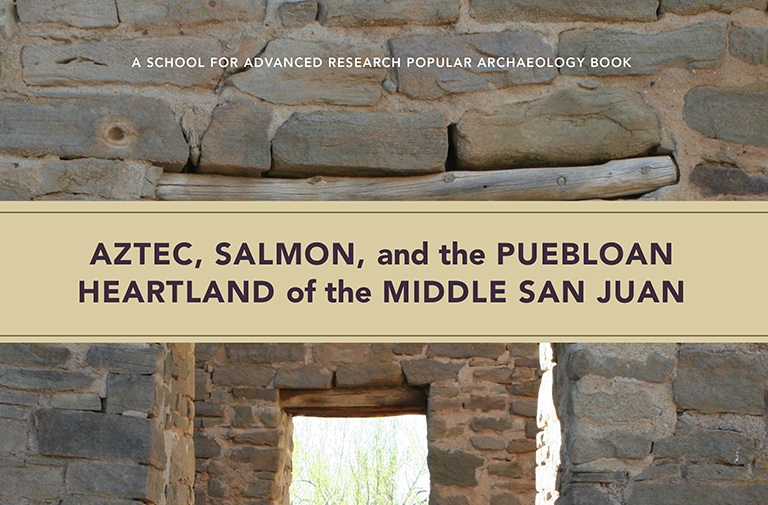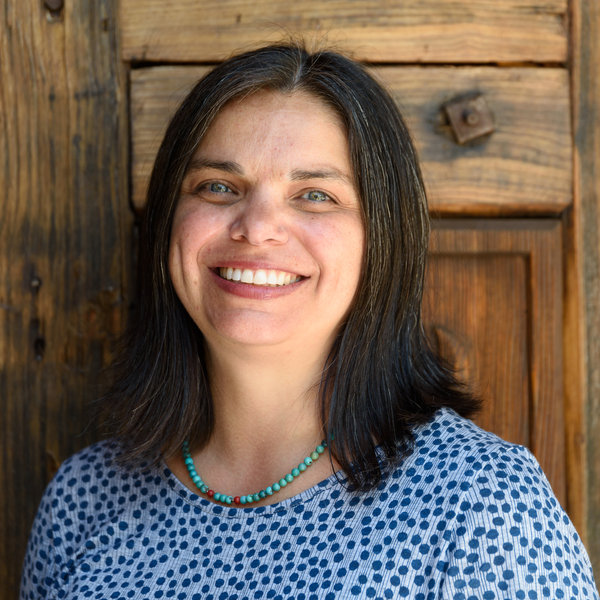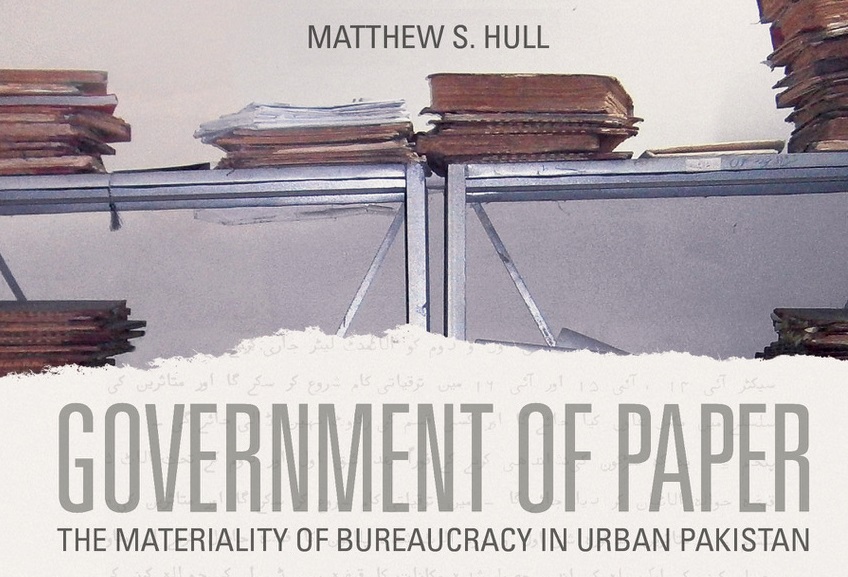Application Portal
Scholar Programs
Nourishing the scholarly spirit through residential fellowships and seminars that inspire intellectual risk-taking and advance academic inquiry in archaeology, anthropology and other social science fields.
Resident Scholars
SAR offers nine-month appointments to a selection of scholars who have completed their research and require time, space and collaborative support to prepare manuscripts or dissertations on topics important to the understanding of humankind. Resident Scholars approach research from the perspective of anthropology or from related fields such as history or sociology.
Seminars
SAR seminars promote in-depth communication among scholars who are at a critical stage of research on a shared topic and whose interaction has the potential to create new insights on human evolution, behavior, culture, and creative expression. These programs have resulted in some of the most influential publications in their respective fields.
J.I. Staley Prize
Awarded annually since 1988, the annual book award is given to a living author for a book that exemplifies outstanding scholarship and writing in anthropology.
The Catherine McElvain Library
A special collections research library and archive open to the public.
Serving the scholars, artists, staff and members of the School for Advanced Research, the library is a resource for comparative research on human prehistory, topics in contemporary archaeology, anthropology, and related fields.
The library also supports the work of the Indian Arts Research Center in documenting its research collections and projects in Native American studies, art history, and creative expression.
The archival collections include the records of the Indian Arts Fund, the papers of Kenneth M. Chapman, the papers of Martha and Amelia Elizabeth White, records of the De Vargas Development Corporation, and papers of Rick Dillingham. Other collections relate to the history and work of SAR from its beginning in 1907 through the following century.
Scholars in the News
With over 300 former resident scholars working in more than 30 countries today, our alumni employ the knowledge gained at SAR in their ongoing work around the world.
Unlocking Clues to Life in the Middle San Juan Pueblos
Ruined great houses, corn kernels and bones—these are just some of the archeological fragments that have offered researchers new insights into how Middle San Juan Puebloan peoples lived in the 12th and 13th centuries. Featured earlier this year in the Santa Fe New Mexican’s Pasatiempo, the book Aztec, Salmon, and the Puebloan Heartland of the Middle San Juan covers these topics and more as eleven contributing writers examine new evidence that helps shed light on the settlements.
Crooked Hallelujah Receives National Book Awards
Kelli Jo Ford, SAR’s 2016 Indigenous writer in residence’s Crooked Hallelujah will be published by Grove Atlantic in 2020, and one of the stories received the 2019 Plimpton Prize for Fiction from the Paris Review. Read more about Ford’s project and time at SAR.
2019 J. I. Staley Prize Winner – Government of Paper: The Materiality of Bureaucracy in Urban Pakistan
Cities are shaped as much by paper and rubber stamps as they are by bricks and mortar, argues Matthew Hull in Government of Paper. By tracing the unexpected ways in which documents travel, he exposes the secret life of paper that profoundly shapes the built landscape of the planned city of Islamabad, and more broadly, gives us new ways of understanding bureaucracy on a global scale.


